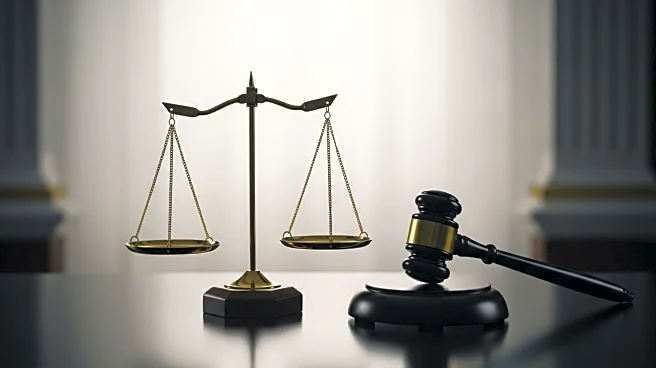What's Happening?
The Supreme Court has agreed to review Hawaii's stringent gun regulations, which limit where firearms can be carried. This decision follows advocacy from President Trump's administration, which urged the court to consider the case in light of its 2022 ruling expanding Second Amendment protections. Hawaii's law restricts firearms on private property unless explicitly permitted by owners, a measure challenged by Maui residents and the Hawaii Firearms Coalition. The 9th Circuit Court upheld the law, prompting the petitioners to seek Supreme Court intervention.
Why It's Important?
The case could redefine the balance between gun rights and public safety, influencing state-level firearm regulations. A Supreme Court ruling against Hawaii's law may lead to broader Second Amendment interpretations, potentially challenging existing gun control measures in other states. This could impact public safety strategies and legislative efforts aimed at reducing gun violence. The case underscores the ongoing national debate over gun rights and the extent of state regulatory powers.
What's Next?
The Supreme Court will schedule arguments for the case, with a decision expected by the end of its term. The ruling could set a precedent affecting gun laws nationwide, prompting states to reassess their regulations. Advocacy groups on both sides of the issue will likely increase their efforts to influence public opinion and legislative actions.
Beyond the Headlines
The case raises questions about the ethical responsibilities of gun ownership and the societal impact of firearm regulations. It may lead to broader discussions on the cultural significance of gun rights in America and the role of the judiciary in shaping public policy.









